Nuclear Science and technology play a vital role in improving human health. This relationship dates back to the late 1800s when X-ray imaging was discovered. Today, the variety of nuclear techniques available is greater and can be used to address more health issues. This is the field of nuclear engineering, which is the field that studies the properties of nuclear materials. To learn more about nuclear engineering, read on! This article will explore the benefits of a nuclear degree.
Nuclear science has many applications in our modern world. From power plants to the development of medical devices, nuclear engineering is a critical component of almost every industry. Students who complete the program are prepared to work in various fields, including energy research and development, and the security of nuclear materials. These areas of study include low-energy nuclear physics and plasma physics, thermal sciences, radiation sources, detection, and control, and the study of materials under extremely harsh conditions. This field requires advanced computation and simulation techniques to understand and prevent the harmful effects of radiation.
The field of nuclear science and technology encompasses a wide variety of fields, including atomic theory and reactors. The students involved in this field learn the fundamentals of nuclear physics and engineering and apply this knowledge to various applications. The goal of the program is to provide the necessary expertise to develop new technologies and applications. This includes developing safe, reliable, and economic nuclear systems. Additionally, nuclear engineers are required to work in a variety of sectors, from energy to health and security.
Ph.D. in Nuclear Science and Technology Eligibility
Candidates who want to take admission in Ph.D. must have a post-graduate degree in Nuclear Science and Technology and its relevant discipline with at least 55% marks from a recognized university and must have passed the national level entrance examination or university level entrance examination. National level entrance exams like UGC NET / UGC CSIR NET / GATE / SLET or University entrance exams consist of written tests and personal interviews.
The Benefits of Ph.D. in Nuclear Science and Technology
Although nuclear-derived techniques are mainly used in research, they are also used in diagnostics, including cancer diagnosis and hereditary diseases. These technologies are also used in hospitals to sterilize medical equipment such as syringes, surgical gloves, and heart valves. These applications are very beneficial to society, and they help protect people from disease. In fact, some of the most important applications of nuclear science and technology are listed below.
Increasing the amount of clean energy produced by nuclear power plants. These reactors produce about 800 billion kilowatt-hours of electricity each year, which is half of the total emissions-free electricity used in the United States. They also avoid the emission of 470 million metric tons of carbon annually. The thermal energy produced by nuclear power plants can be used to decarbonize other energy-intensive sectors, such as transportation, which is one of the biggest contributors to carbon pollution in the world.
In addition to nuclear power plants, the electricity produced by these plants can be used to generate hydrogen. Hydrogen is used in fuel cells for cars and can be burned to provide heat, but unlike natural gas, it produces no greenhouse gases. In addition, radioisotopes are also used in environmental monitoring and analysis. Many of these techniques have been applied to a wide range of pollution problems. In addition, nuclear techniques are helping to protect our health and the environment.
The Career and Job Opportunities for Ph.D. in Nuclear Science and Technology
There are many career options in nuclear science and technology. This field was first developed during the 20th century and today, there are many jobs available for those who have a background in the field. For example, medical physicists can work in nuclear medicine or magnetic resonance imaging. The field of particle therapy is also important, as these professionals use accelerators to create beams of positive ions to treat cancer.
Nuclear engineers need to hold a bachelor's degree in nuclear science and engineering. Depending on the state of the area in which they live, they must pass a set of exams and get 4 years of experience. After completing the licensing requirements, nuclear engineers may enter the workforce as senior engineers or technical specialists. Some EITs may eventually move into sales or management positions, while some pursue a master's degree in a related field.
Before becoming a nuclear engineer, an individual must obtain a bachelor's degree in a related field. Those with a bachelor's degree can start working as trainees in a laboratory setting. During this time, they learn to use the equipment and procedures. Additionally, they receive training in safety procedures, regulations, and plant policies. In addition to education, nuclear engineers must complete an internship or entry-level position under the supervision of a professional engineer. In addition, they must continue their education throughout their careers.
The Future Scope of Ph.D. Nuclear Science and Technology
The scope of nuclear science and technology is immense and is on the cutting edge of technology. When it was first recognized, the technology was only in its infancy. Today, it is one of the leading forms of energy. Fuel prices are rising, and nuclear energy is the most viable long-term solution. India has made huge investments in the field and has signed treaties with the USA to promote nuclear power in the country.
Currently, the field is highly specialized and the range of jobs is vast. Many people work in nuclear power plants. Some of the most common jobs are project engineer, chemical engineer, nuclear weapons engineer, and control and instrumentation engineer. A related field is nuclear waste management, which involves overseeing plants that manage and dispose of harmful nuclear waste. This area also involves the development of machines used to deal with waste from the nuclear industry.
The scope of nuclear energy is broad. The journal covers research and development in nuclear energy, and materials and processing are included. The topics covered include reactor physics, heat transfer, structural analysis, safety, and fuel management. IJNEST also addresses neutron physics and nuclear aerosol. This section focuses on innovative new technologies and ideas that are essential for addressing global problems. There are a variety of ways in which researchers can utilize this field.
Ph.D. Research Programme duration
The Ph.D. in Nuclear Science and Technology course is a minimum of 3 years and a maximum of 5 duration. This depends on the university offering the course.
Fees for research program for Nuclear Science and Technology
The average fee for Ph.D. in Nuclear Science and Technology degree is between INR 50000 and INR 500000.
 5 Years
5 Years
 PhD
PhD
 Research
Research







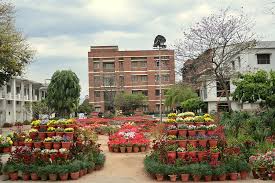

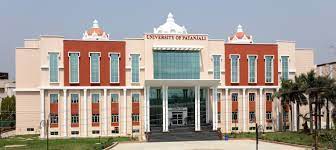
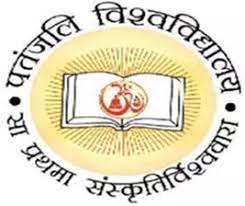
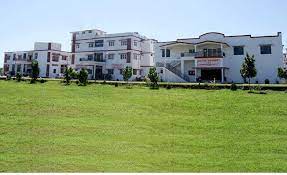
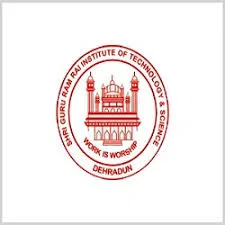

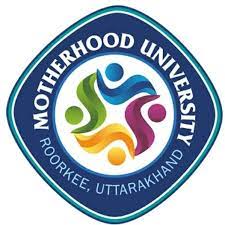


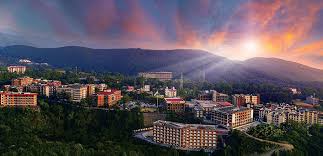

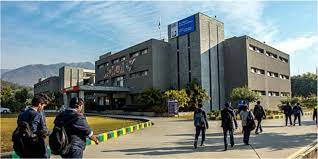

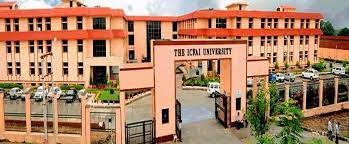

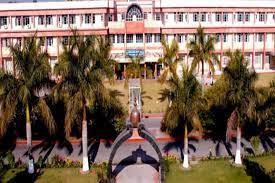
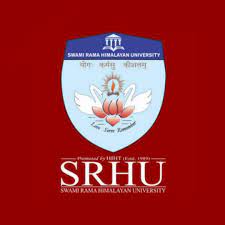
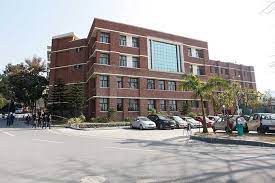

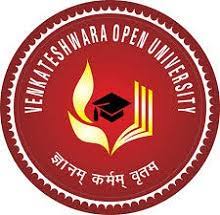
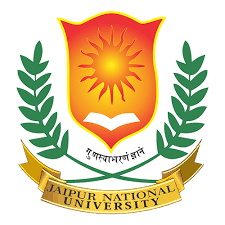
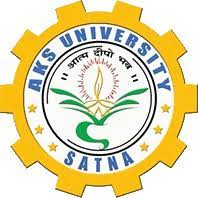

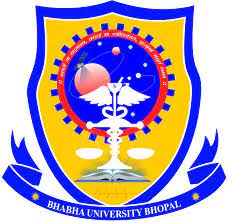

 back
back